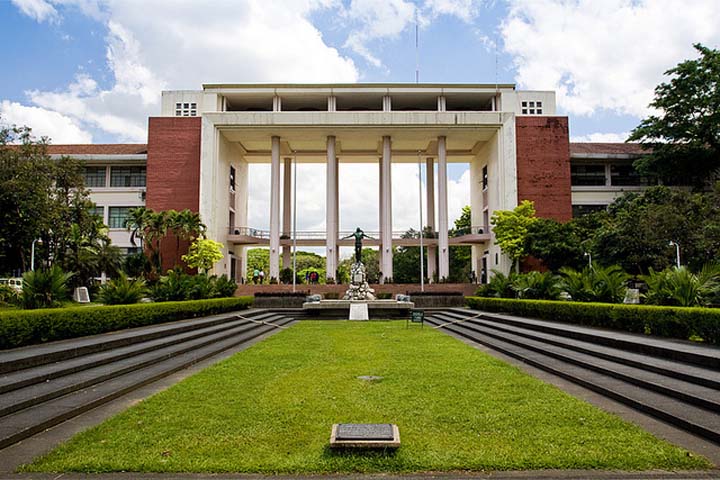FOLLOWING the law of matter, I’ve been trying to figure whether souls are solid, liquid or gas. But since not everyone can see them, I surmise they most closely are gas, mixed with the air we ingest by eating too fast and sometimes come out as a fart.
This, as I also try to explain to myself why on All Saints’ Day, we don’t visit the graves of our dead relatives. Instead, we are accustomed to lighting up a candle representing each family dead so that they wouldn’t be sad.
Apparently, swinging by at the grave to say howdy is like talking to what little remains of what used to be breaded pork chop—what unrecognizable little bones and tendons that had been refused to be eaten by the family dog. So, lighting up a candle will do. There was hardly a need to talk; the smoke is supposed to deliver whatever the message—gas to gas. They are, after all, everywhere.
We do this on assignment and, last year, we were asked to light up a candle after each one then erect it on different areas around the house. I was tasked to light one for my cousin Oliver, who died just four years ago. Oliver and I had never been up close and personal; exchanging pleasantries was as far as it went. If anything, the only time we had a chance to talk was also just four years ago, by an inflated pool and over bottles of beer shortly after we buried his mother.
It was only then I realized that my cousin was a limited man, who spewed out words of advice, perhaps, to make up for chance conversations we never but could have had for all these years. It was like talking to a new friend, who cuts you off time and again by saying, “I really think we had met before.” He toped and blew smoke between truncated lines and asked in a slurred voice if I wanted a cigarette.
I since had not heard of the name until I was asked to do my commemoration. Instead of lighting a candle, I lit a cigarette, settled against a wall and took long contemplative draws.
There was hardly a need to say something. But I knew he knew whatever it is that I had to say.





























